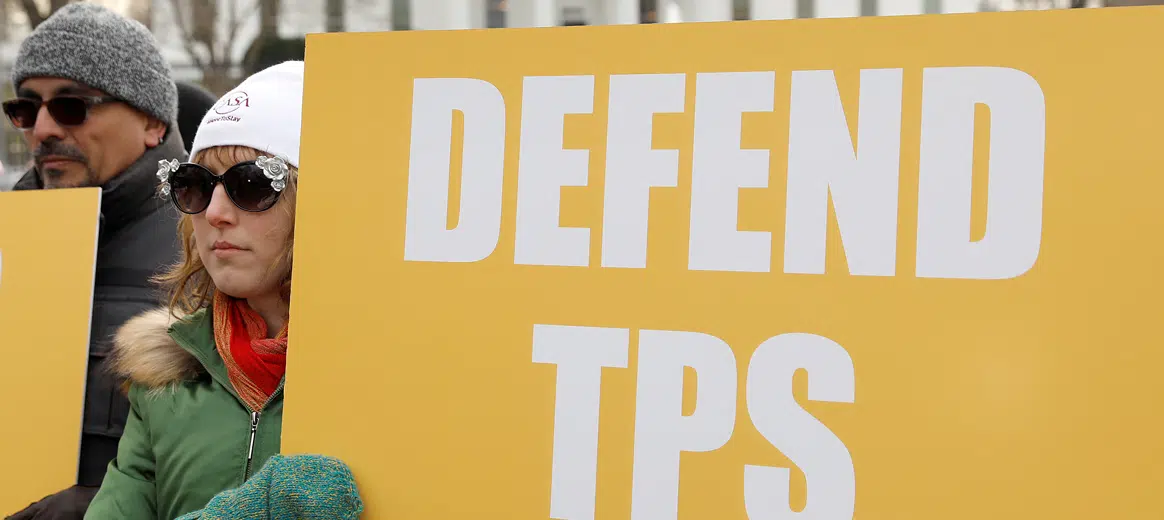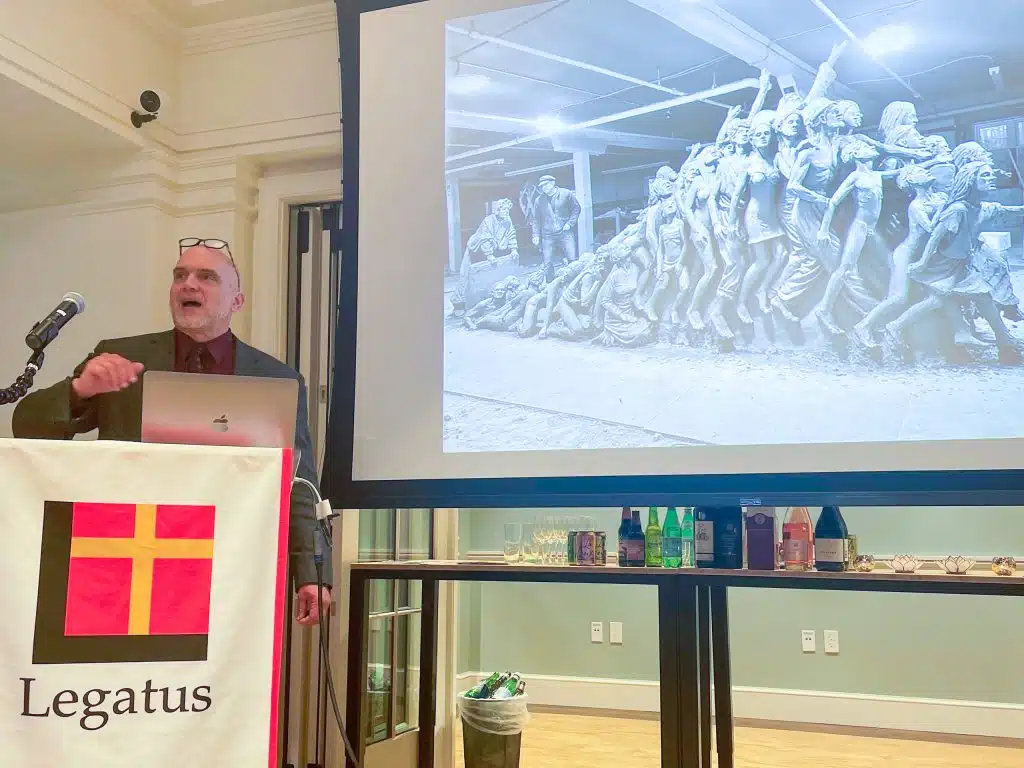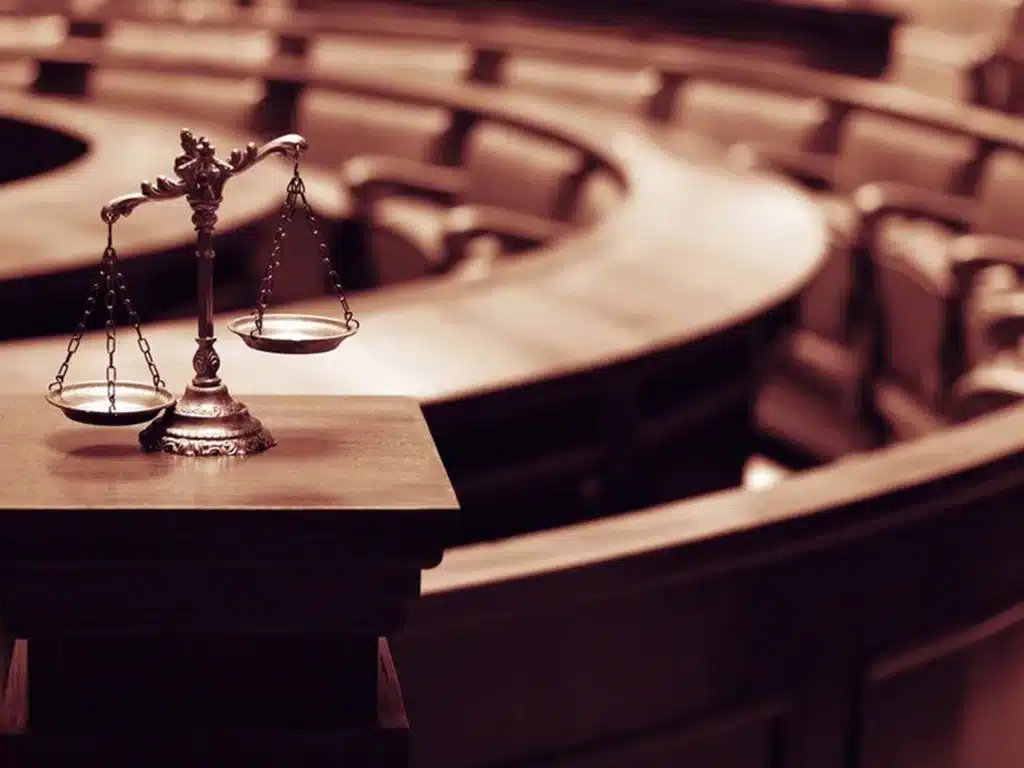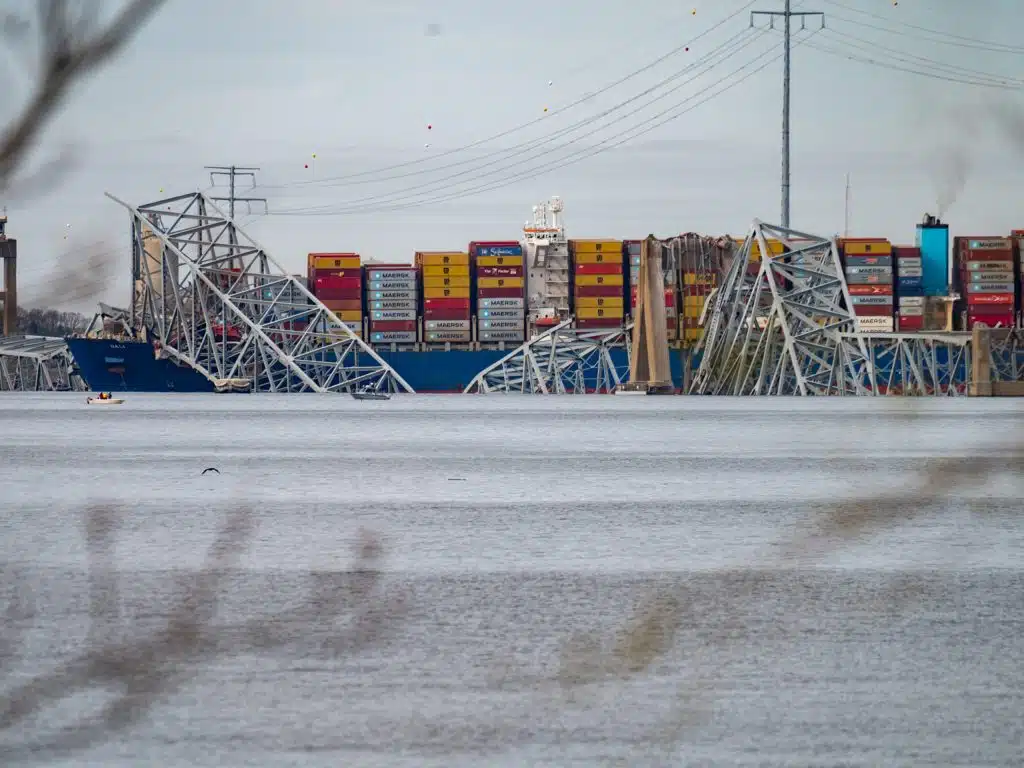WASHINGTON — As the Catholic Church in the U.S. began observing National Migration Week, a time to reflect on the circumstances confronting migrants, immigrants, refugees, and human trafficking victims, the administration of President Donald Trump announced that it would end an immigration program for thousands of Salvadorans, one of the largest groups of modern-day immigrants in the country and one that includes many Catholics.
More than 200,000 Salvadorans, living under a special immigration status in the U.S., now face the prospect of staying in the country illegally or returning to a nation designated as one of the most dangerous in the world not at war, after the U.S. Department of Homeland Security announced Jan. 8 that it was ending a provision called Temporary Protected Status after Sept. 9, 2019.
“The decision to terminate TPS for El Salvador was made after a review of the disaster-related conditions upon which the country’s original designation was based,” DHS said in a statement. Salvadorans affected can apply to stay under a different program, if they qualify, or make plans to return to their home country, the statement continued.
Citizens of El Salvador were able to apply for TPS in 2001 after the Central American nation experienced a series of major earthquakes. TPS grants a work permit and a reprieve from deportation to certain people whose countries have experienced natural disasters, armed conflicts or exceptional situations, to remain temporarily in the United States. El Salvador had previously received the designation in 1990 after thousands of Salvadorans fled to the U.S. seeking refuge from a brutal civil war.
Supporters of the Salvadorans said current TPS recipients should be allowed to stay because they have built families and are firmly rooted in the U.S. and local faith communities.
Catholic bishops and organizations have expressed concern that Salvadorans would be forced to return to a socially unstable country that is ravaged by gangs and has been designated by various organizations as one of the most dangerous places in the world and one not equipped to absorb such a large-scale repatriation.
Bishop Joe S. Vasquez of Austin, Texas, chairman of the U.S. Conference of Catholic Bishops Committee on Migration, said the administration’s decision was “heartbreaking.”
“We believe that God has called us to care for the foreigner and the marginalized … Our nation must not turn its back on TPS recipients and their families; they too are children of God,” Bishop Vasquez said in a statement.
While urging Congress to find a solution, Bishop Vasquez said the USCCB stands in solidarity with Salvadoran TPS recipients and that the bishops would continue to pray for them, their families, “and all those who are displaced or forced to flee from their homes.”
“From our experience working with the Catholic Church and other local partners in El Salvador, the Salvadoran government does not have adequate humanitarian capacity to receive, protect, or integrate back into society safely this many people,” said Catholic Relief Services in a statement released shortly after the decision was announced.
Dylan Corbett, executive director of the Texas-based Hope Border Institute, said the administration’s decision would instead create an additional 200,000 “soon-to-be undocumented immigrants” in the U.S.
“Today, the Trump administration unnecessarily and cruelly put the security, safety, families and lives of over 200,000 Salvadoran TPS recipients, including over 35,000 in Texas, in jeopardy. Deporting them will mean uprooting and destroying families and livelihoods and sending families back to poverty and violence in one of the most dangerous and volatile regions of the world,” Corbett said. “And make no mistake, we as Americans through our trade and security policies, and because of our insatiable appetite for drugs, are morally implicated in the crisis in El Salvador and Central America.”
Recalling the words of Pope Francis, Corbett said building walls, detaining human beings and “deporting our Salvadoran sisters and brothers is just another example of how the Trump administration is stirring up ‘primal fears’ for political advantage.”
A big concern for Catholic organizations and leaders is the 192,000 U.S.-born children of Salvadoran families.
The Center for Migration Studies in New York said 88 percent of Salvadoran TPS beneficiaries are employed, many are homeowners, and typically have lived in the U.S. for 21 years. Returning them to El Salvador would be “destabilizing,” said Donald Kerwin, the center’s executive director, said in a statement.
“Today’s decision creates many losers, and no winners,” he said. “The losers include the TPS recipients themselves, their employers, their U.S. citizen children, their U.S. communities, El Salvador, and the U.S. economy. The rule of law is another loser as the decision will relegate hard working legal immigrants into persons without status and force TPS beneficiaries and their U.S. children to return to violence-plagued communities without good economic prospects.”
“I am deeply disappointed by the administration’s decision not to renew the Temporary Protected Status for El Salvadorans in this country who, like so many other immigrants and refugees, came here to live a life free of danger and poverty,” said Sister Donna Markham, Catholic Charities USA president and CEO. “The decision is devastating not only for the 250,000 Salvadorans who have established themselves in this country as trusted employees, neighbors and members of the community but also for the nearly 200,000 children who are citizens of this country and face either being separated from their families or leaving the only country they have ever known.
“At the heart of the work of Catholic Charities is the Gospel mandate to welcome the stranger and care for the most vulnerable among us,” she said. “It is in that spirit that we support immigrants and refugees who continue to arrive in this country, many forced to flee their homes with whatever they can carry, and welcome them with a helping hand. It is my sincere hope that leaders can put aside their political differences and find a solution which protects these and other migrants facing a future of uncertainty.”



